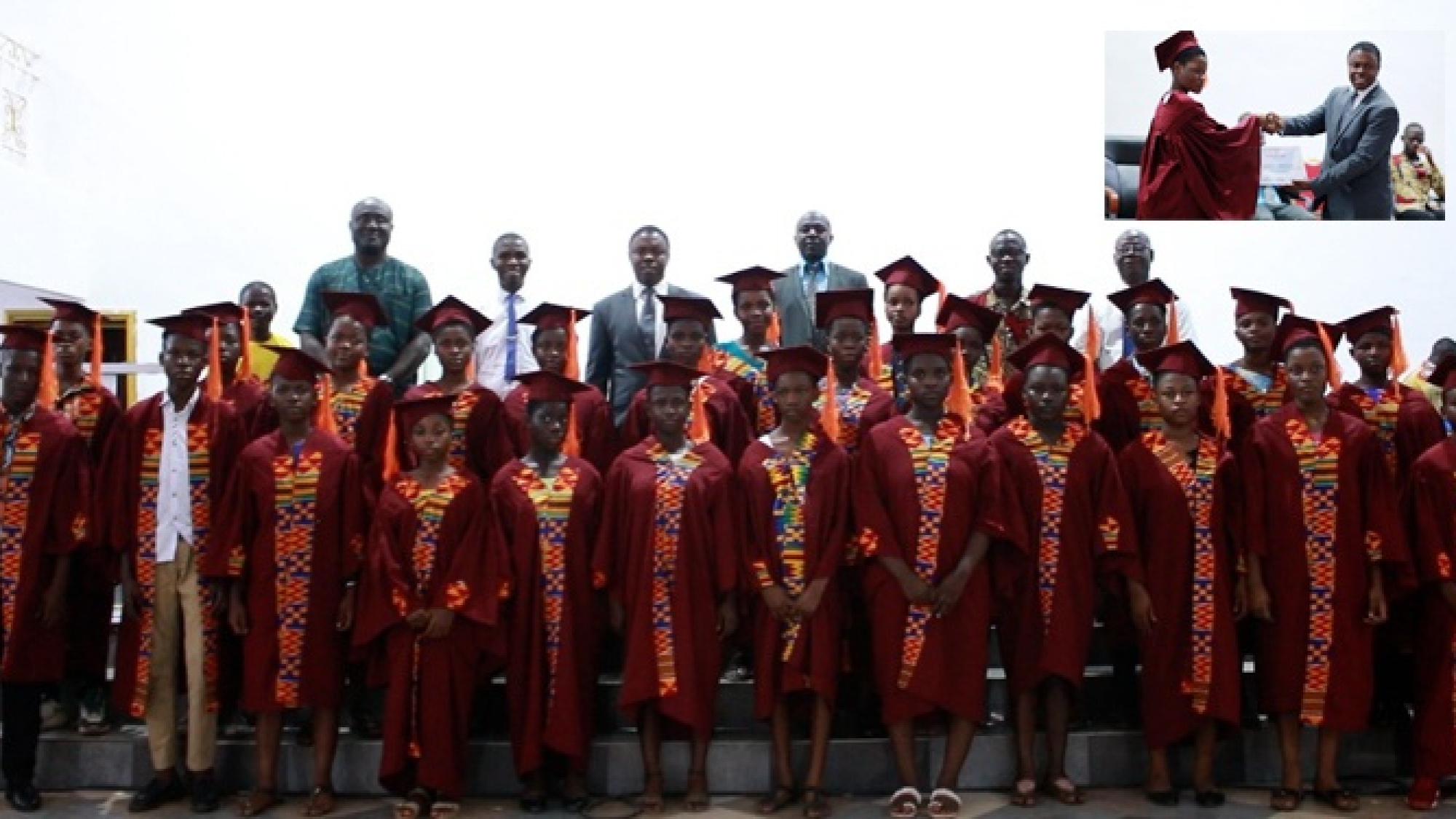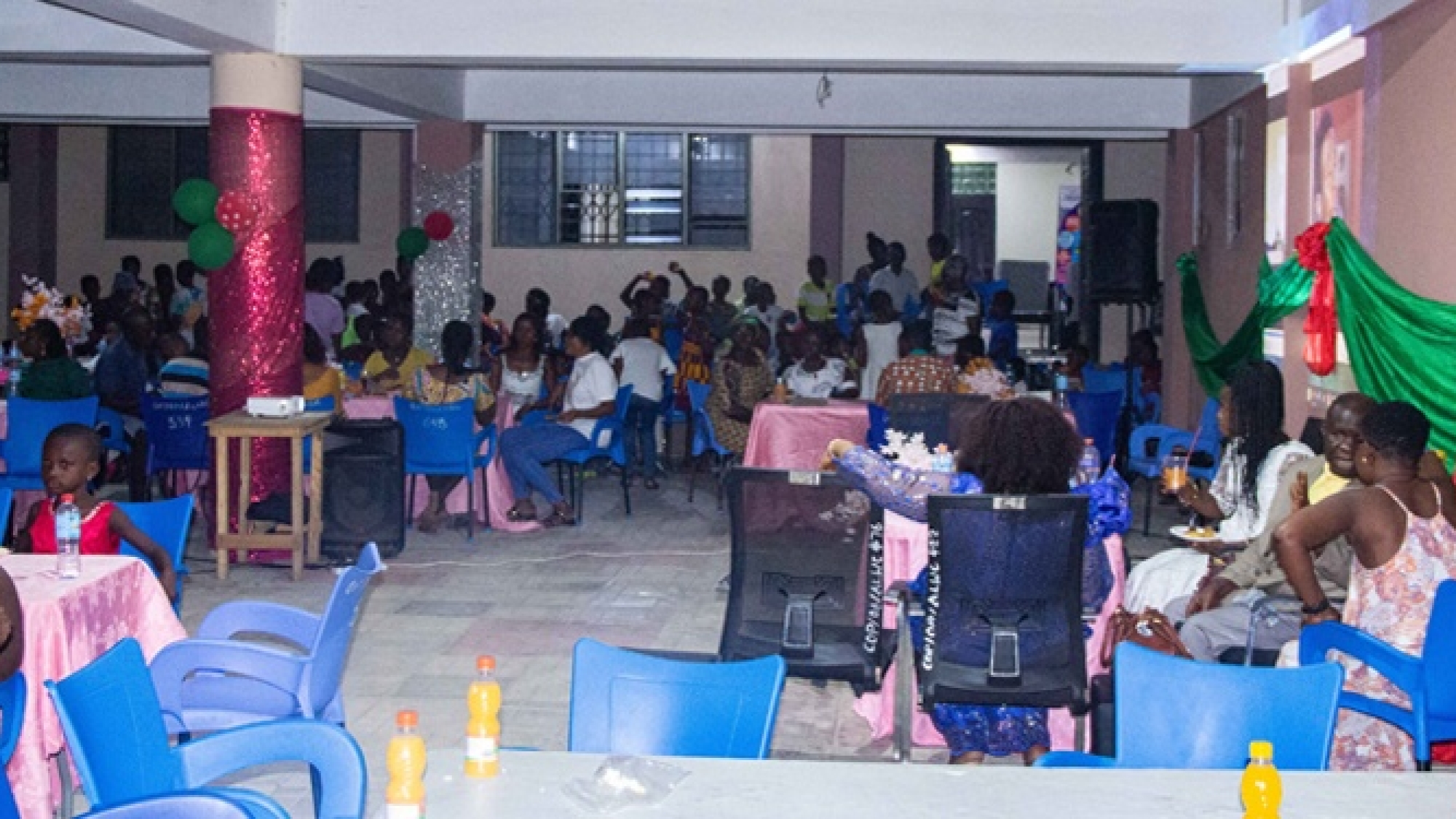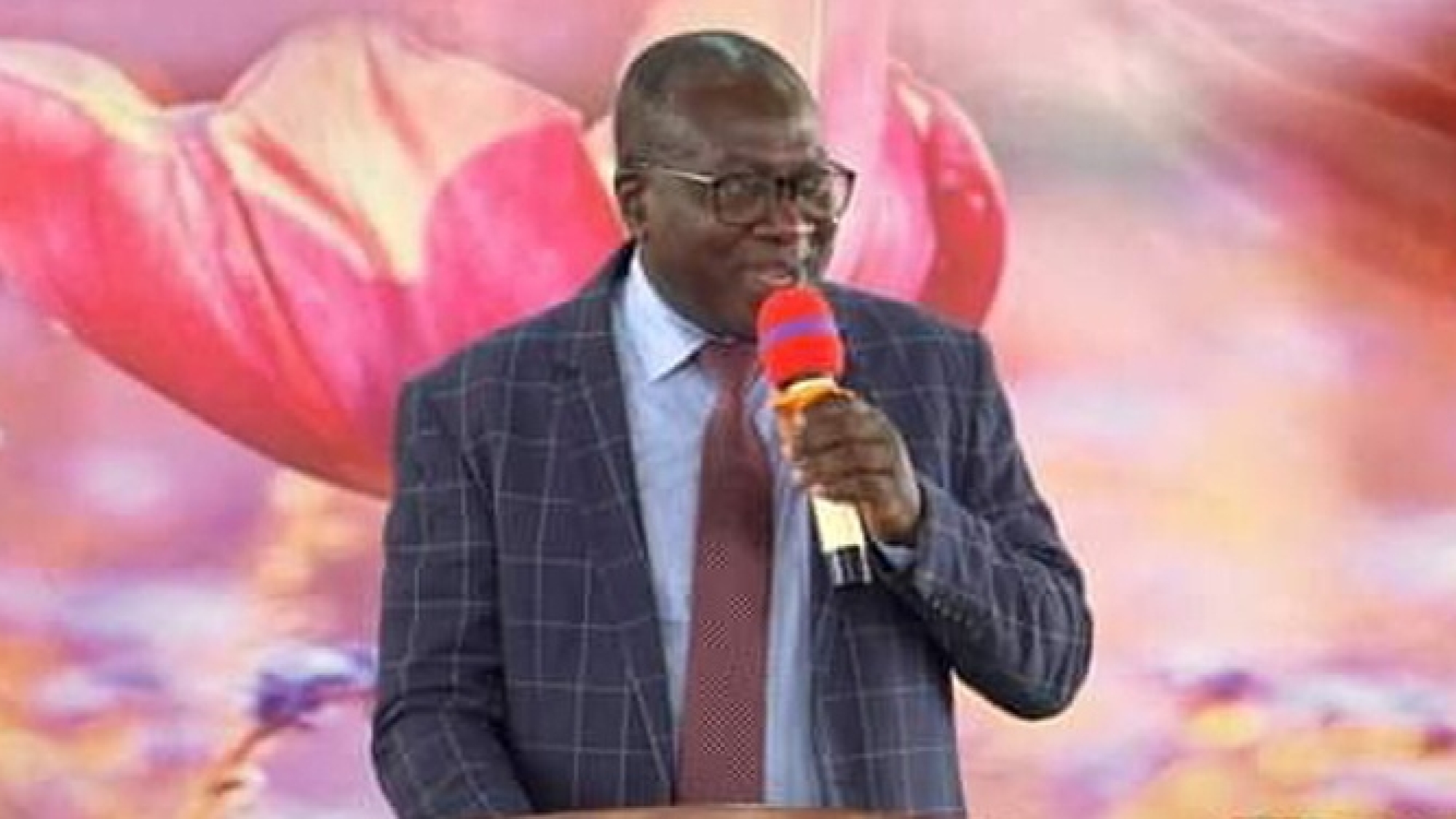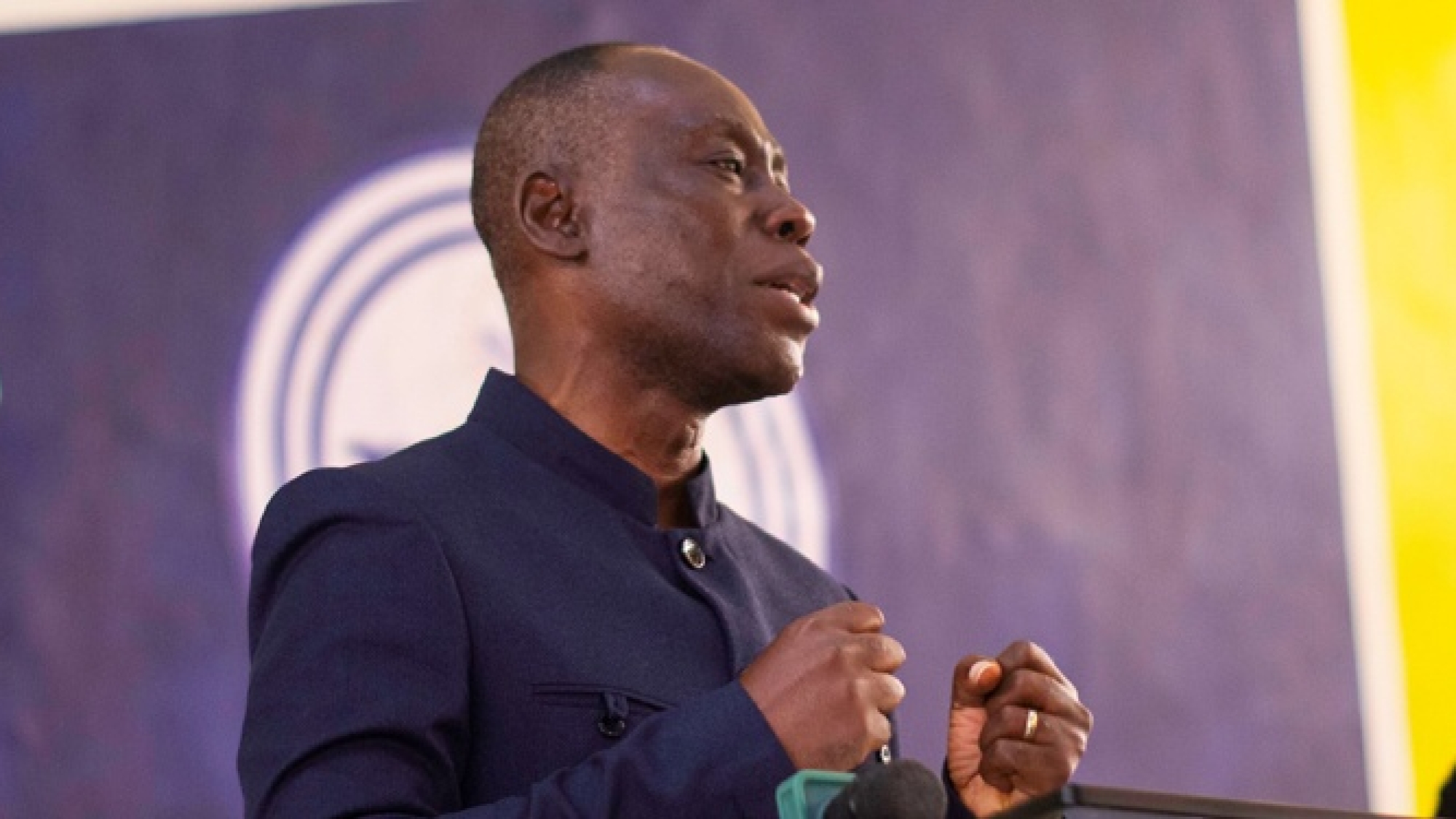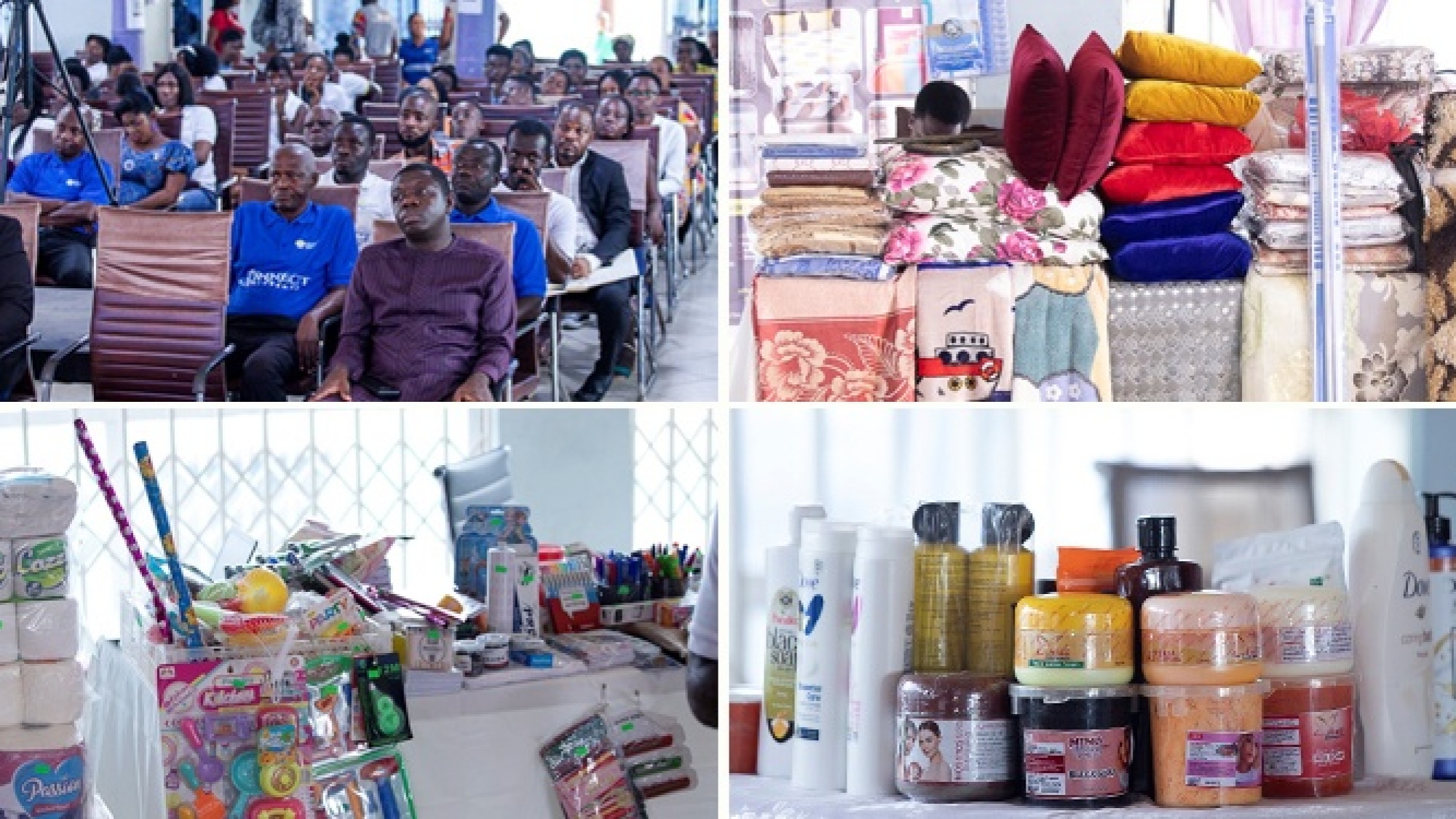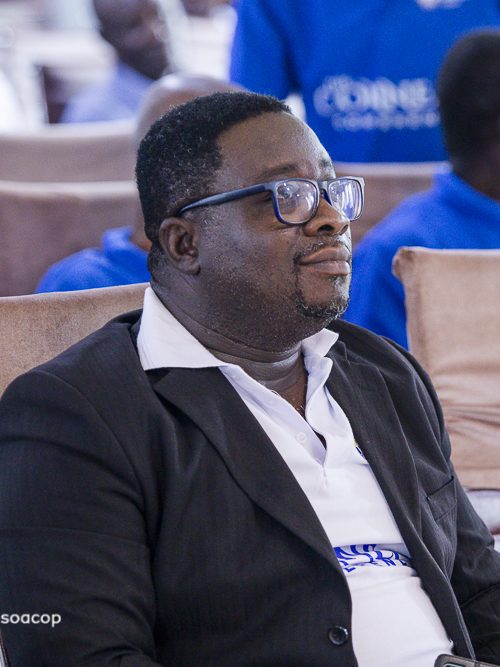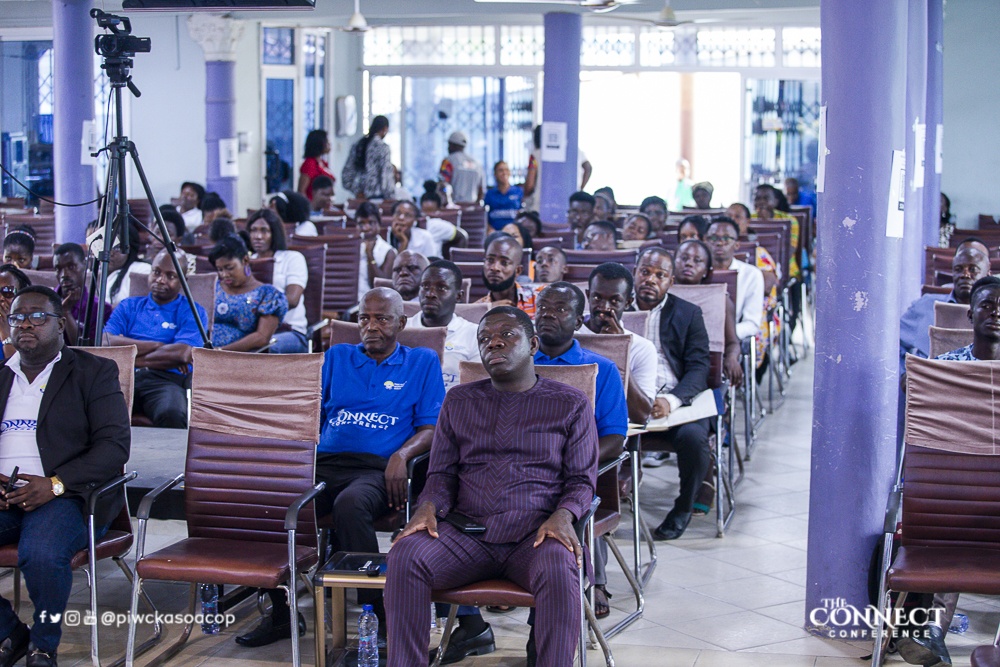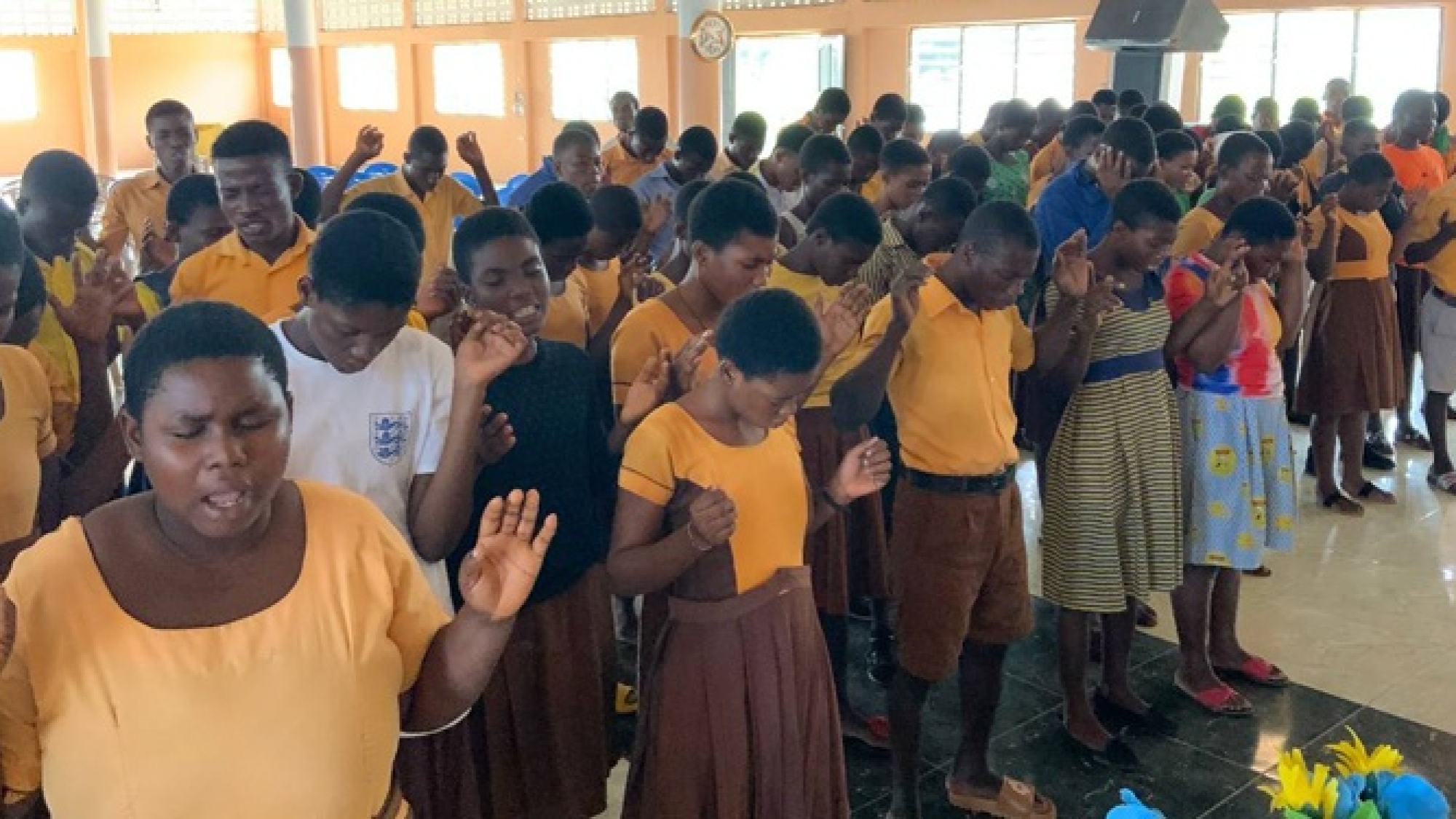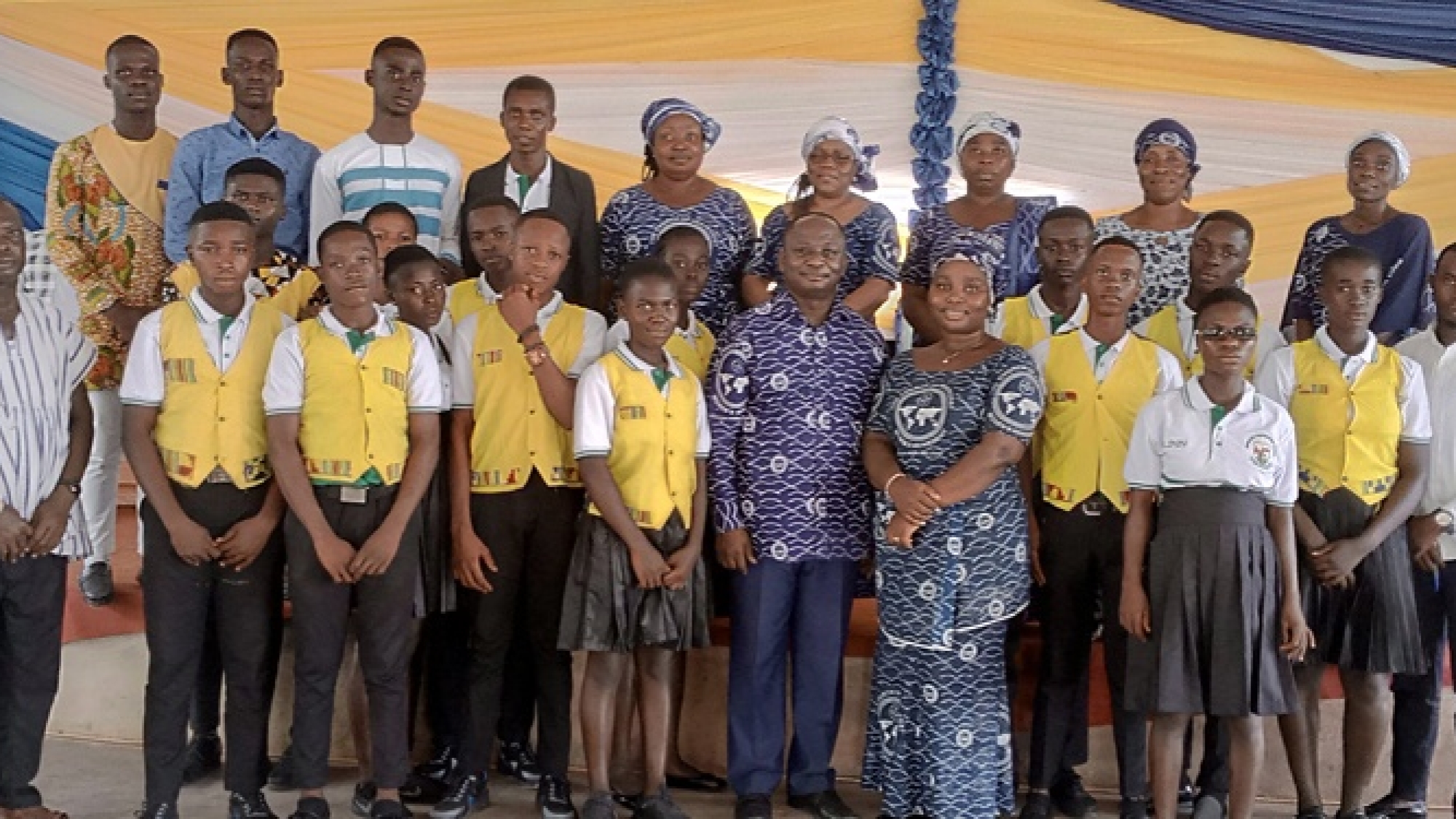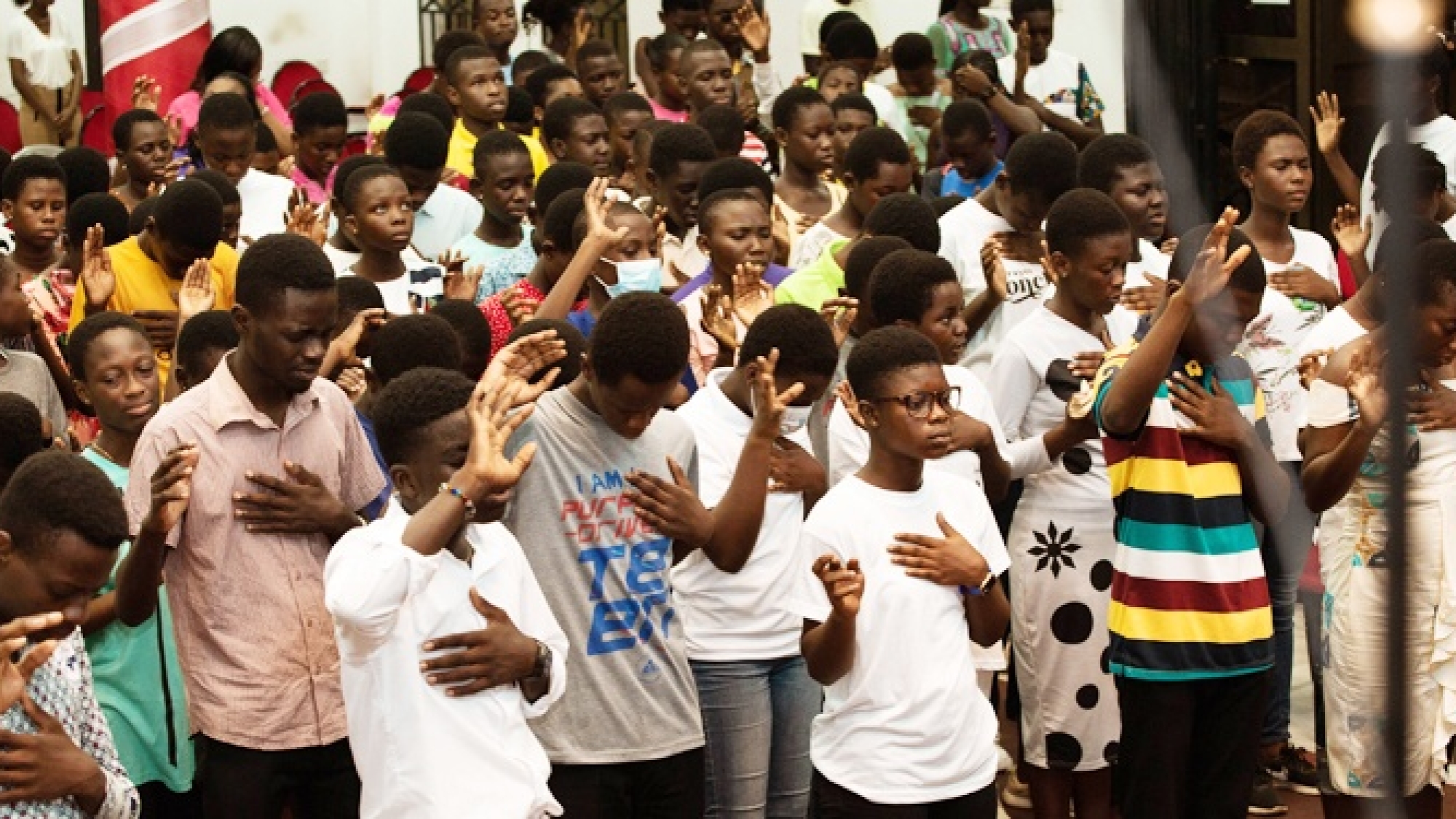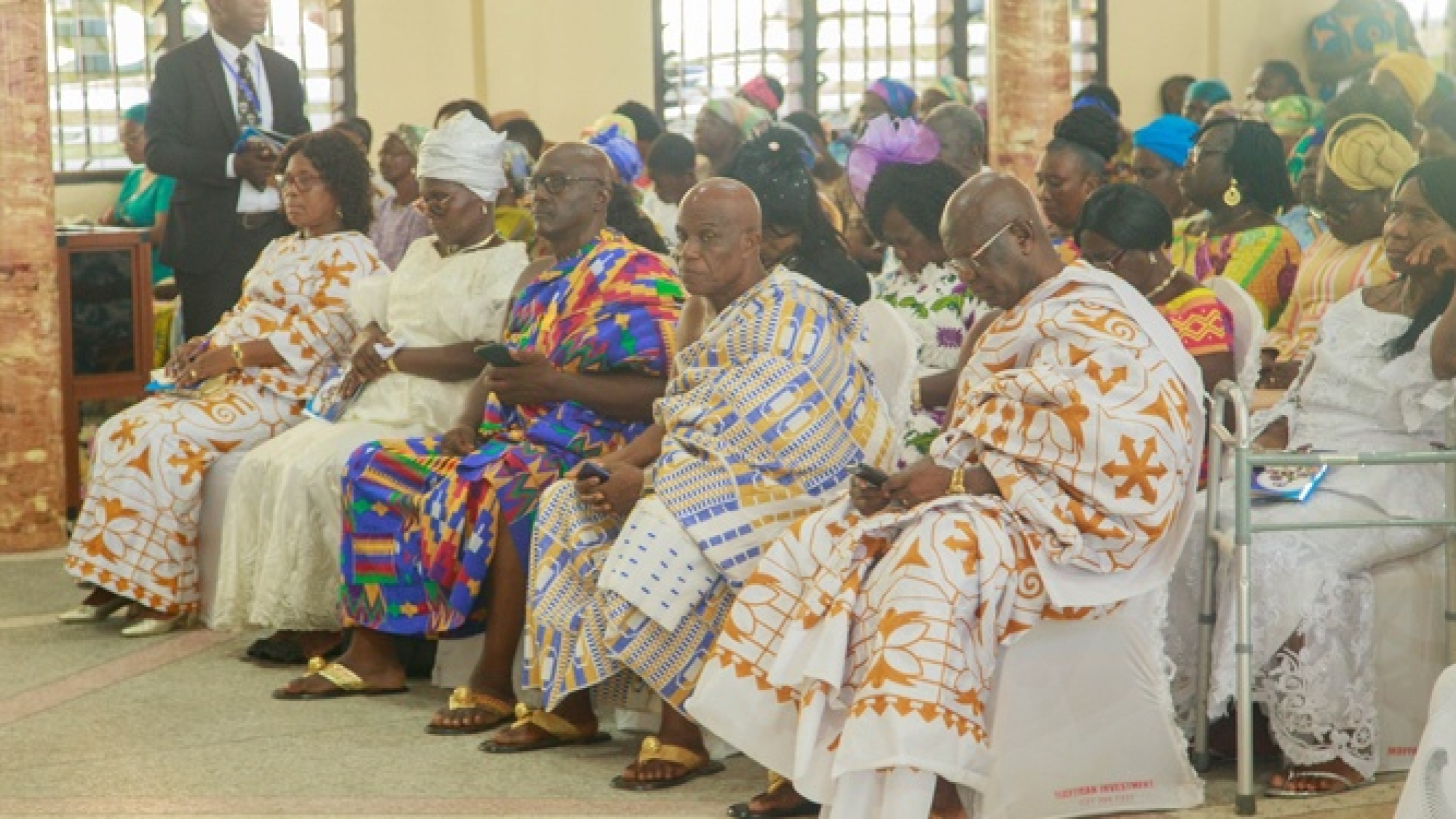The Mile 3 District in the New Tafo Area of The Church of Pentecost has organised a graduation ceremony for 35 teens who have transitioned from the Children’s Ministry to the Ministry to Teens.
The event, which symbolises a time of change, progression and moving into new adventures took place on Sunday, November 27, 2022, at the Central Assembly auditorium.
As part of the event, each graduand received a certificate and a Holy Bible as the foundation of their faith.
The graduands were prepared for their transition through teachings of the word of God, the Church’s tenets and prayer before they underwent water baptism by immersion.
In an exhortation on the topic: “Hearing the Voice of God,” with 1 Samuel 3:1 as scriptural reference, the District Minister, Pastor Joseph Ankomako, admonished the graduands to portray the character of young Samuel and be sensitive to God’s voice as they stay glued to the word of God.
He noted that God uses young persons to manifest His glory and, therefore, urged them to avail themselves for God’s use.
Pastor Ankomako was optimistic that the graduands would someday play key roles in the work of God, hence, the need for the Church to take a keen interest in their growth in Christ Jesus.
“We are very optimistic that God will use these children to fulfill His mandate in the Church; this is why we are very determined to ensure their growth through the word of God to equip them as an army to possess the nations,” he expressed.
“The Children’s Ministry leadership has been very instrumental in nurturing the children. So, I believe that the leadership of the Youth Ministry as well as the Ministry to Teens will also take it from there and impact them with the knowledge of God required at this stage to the glory of God,” he added.
The district also presented an industrial sewing machine worth GHC 3,400 to Sister Josephine Ansah, a Sunday School teacher (child worker), for her commitment and dedication towards the ministry.
Report by Dennis Owusu & Emmanuel Nana Nsiah





